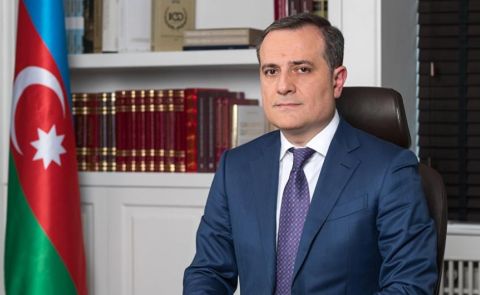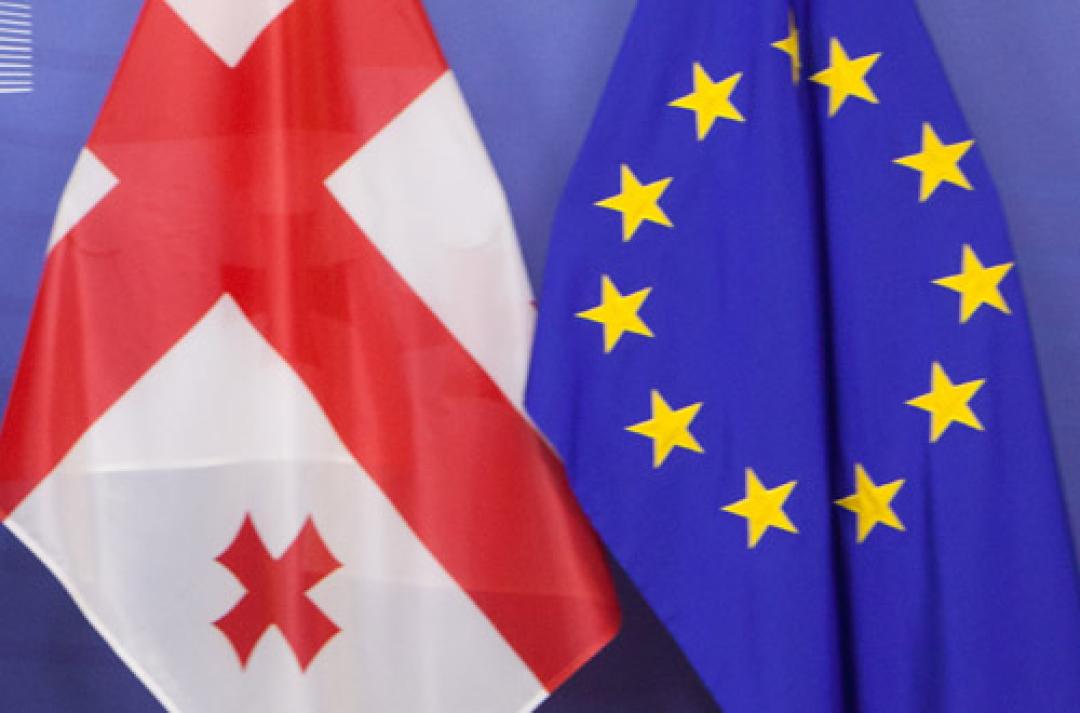
EU Commissioner and NATO PA Warn Georgia Over Democratic Decline Amid Accession Challenges

On June 3, Marta Kos, the European Commissioner for Enlargement, stated during an extraordinary meeting of the European Parliament’s Foreign Affairs Committee that Georgia’s experience demonstrates how receiving EU candidate status does not guarantee successful accession. She placed full responsibility for the country’s setbacks on its authorities, urging them to respect citizens’ demands for democracy and a European future.
Kos emphasized that Georgia serves as “a clear reminder that setbacks on the EU path can happen” and clarified that granting candidate status does not automatically ensure eventual accession. She criticized the Georgian authorities for undermining the nation’s EU ambitions, noting that “while thousands march with EU flags, the authorities are moving in the opposite direction.”
Kos reiterated her and Kaja Kallas’s, the EU High Representative for Foreign Affairs and Security Policy, earlier condemnation of the Georgian Dream’s recently adopted Foreign Agents Registration Act, describing it as “a serious setback for the country’s democracy.” She warned that this legislation, combined with new restrictions on broadcasting and grants, jeopardizes “the very survival of Georgia’s democratic foundations.”
Addressing the European Parliament, Kos stated that she and Kallas had repeatedly urged the Georgian authorities to meet their citizens’ demands for democracy and a European future while calling for the release of “all unjustly detained journalists, activists, protesters, and political leaders.” She pledged to continue doing so persistently.
Kos placed the blame for the country’s regression “solely” on the Georgian authorities and declared that the EU should consider Georgia’s return to the accession process only if its government takes “credible steps to reverse democratic backsliding.” She also stressed the importance of supporting Georgian civil society organizations and the broader population in the meantime.
In April 2025, the NATO Parliamentary Assembly’s (PA) Standing Committee decided to suspend meetings of the Georgia-NATO Interparliamentary Council and restrict certain participation privileges of the Georgian delegation, citing concerns over democratic backsliding.
On June 2, the NATO Parliamentary Assembly confirmed that its Standing Committee—the Assembly’s governing body—had made this decision while agreeing to keep relations with the Georgian Parliament under review, maintain engagement with political forces across the spectrum, and increase cooperation with civil society organizations.
According to the NATO PA, three members of the Georgian Dream delegation were invited to attend the Assembly’s 2025 Spring Session in Dayton, Ohio. The Georgian Parliament’s May 22 press release noted that Givi Mikanadze, Levan Makhashvili, and Mariam Lashkhi, lawmakers from Georgian Dream, traveled to Dayton to participate in the session.
See Also


Nordic-Baltic Delegation Meets Armenian Leaders to Discuss Regional Cooperation and Peace

Azerbaijan Strengthens Energy Partnerships with Multiple Countries

BP Strengthens Presence in Azerbaijan’s Offshore Energy Sector

Netanyahu’s Letter to Aliyev: Mutual Trust, Solidarity Following Hamas Attacks, Facilitating Dialogue Between Israel and Türkiye

